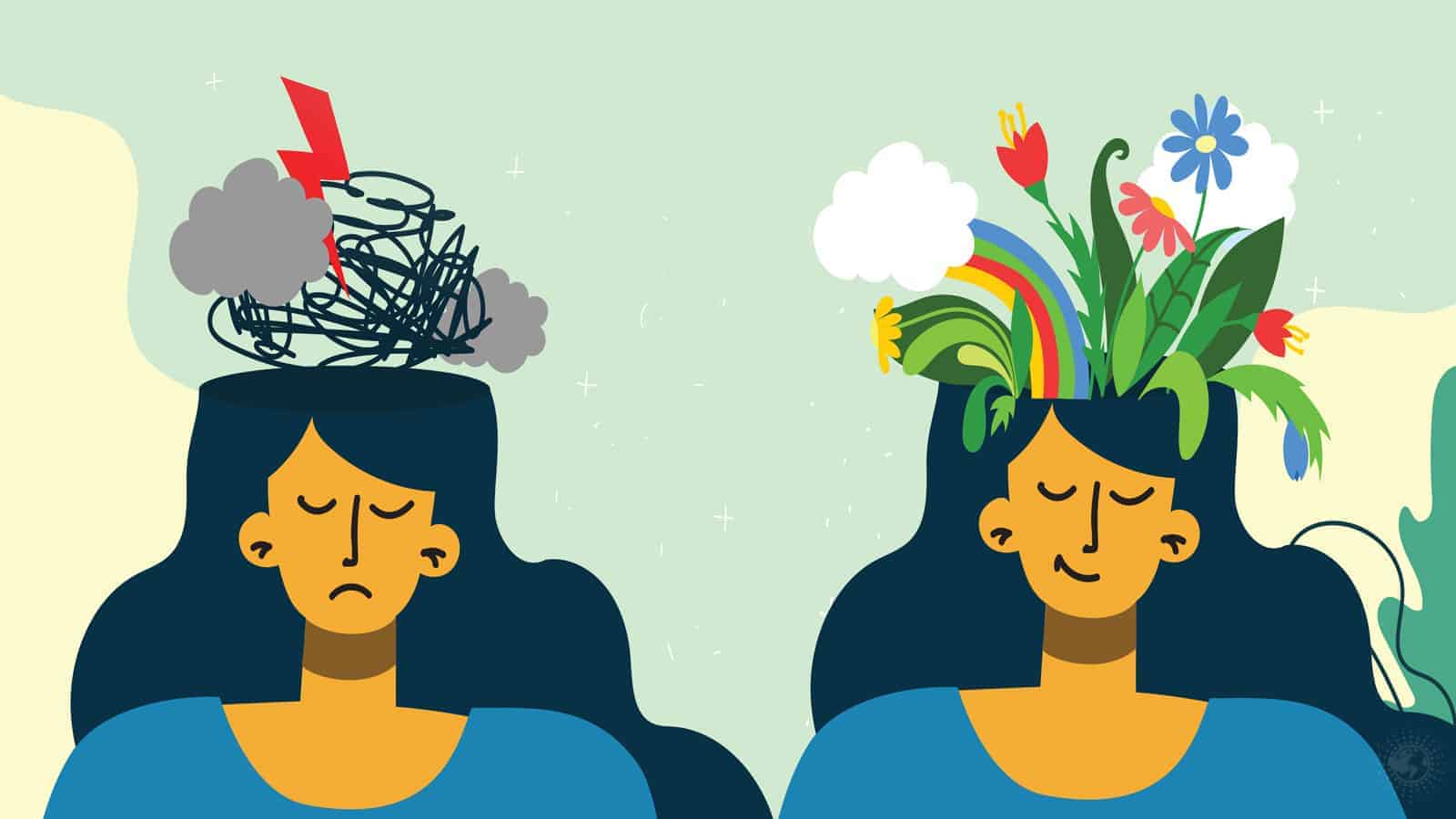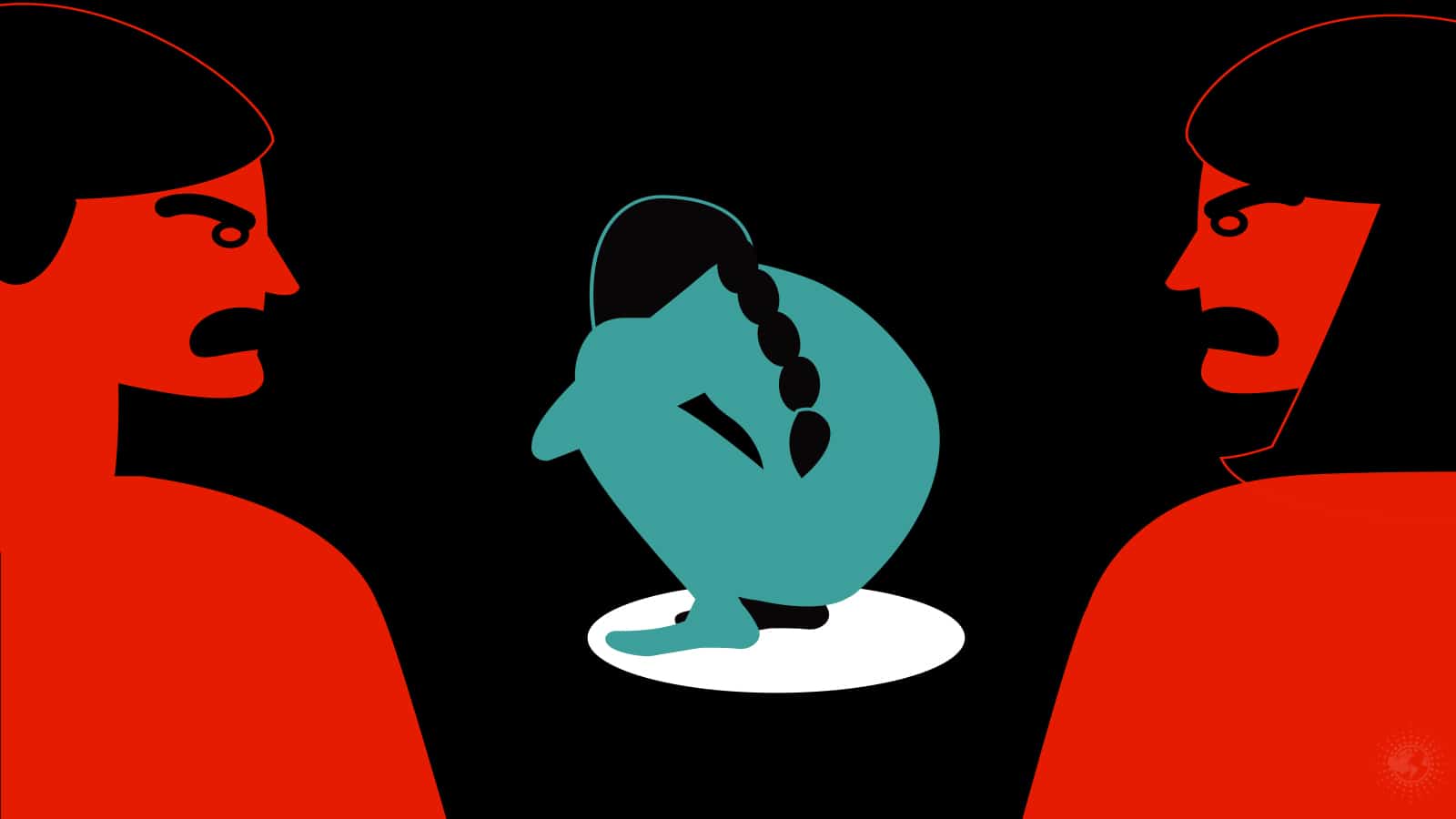You’ve taken your first steps to recover from depression and addiction. You’ve made incredible progress towards getting better and overcoming your substance abuse issues and mental disorders. But now what?
Maintaining progress and avoiding relapses is crucial to ensuring that your addiction recovery goes smoothly. It can feel terrifying at first, but you can learn methods to manage your cravings. Here are 6 habits that make it easier to recover from depression and addiction.
1. Eat A Balanced Diet to Help Recover from Depression and Addiction
Your body needs a positive diet to stay healthy. Without the right nutrients, you won’t be able to enjoy optimum physical and mental health, and it’ll be harder for you to stick to your goals as your body craves anything that can make it feel better.
In general, a diet that can help fight addiction relapse and depression may involve:
- Whole grains
- Lean proteins
- Fish
- Fresh vegetables
- Fresh fruits
- Omega-3 fatty acids
- Healthy oils (like olive oil)
- Soybean products
- Green tea
It may also involve avoiding and reducing the consumption of:
- Red meat
- Premade baked goods
- High-sugar foods
- Trans fatty foods
- Processed foods
- Soda
Here are some additional tips when it comes to your diet that you should keep in mind to make it easier to recover from depression and addiction:
· Avoid Foods That Are High In Bad Fats
High-fat foods can release stress hormones, potentially worsening depression and increasing cravings for addictive substances. Worse still, harmful and unhealthy fats can increase the risk of obesity, which has the same adverse effects, according to studies.
· Limit Any Alcohol Consumption
Even if alcohol abuse wasn’t your personal addiction battle, that doesn’t mean you should have more of it. Limiting alcohol intake can reduce the risk of falling into depressive periods. Besides, consuming alcohol can lead to a relapse in addiction or shifting of addiction to alcohol instead, according to studies. Feel pressured to drink? Order appetizers at happy hour, order a dark juice like cranberry juice that looks like alcohol to others, and actively go to events and plan get-togethers where alcohol isn’t involved.
· Work To Improve Your Diet
Giving your entire style of eating and drinking an overhaul can take a while and may feel overwhelming, but don’t stop trying! Research has shown that positive thinking can be improved with virtually any improvement to what you eat.
2. Maintaining Healthy and Positive Relationships
Addiction consumes your life and dictates the people you spend time with. Now that you’re in recovery, it’s likely that you’ve noticed that your relationships may not be incredibly healthy. The continued existence of toxic patterns in your relationships can contribute to the risk of relapse and worsen your ability to perform positive thinking. Here are some tips for maintaining better relationships as you recover:
· Seek Support From Loved Ones
You don’t have to go on your journey alone. An active social life filled with positive people is crucial to recovery of all kinds, including addiction and depression. The people who care about you and who you trust will give you the tough love, support, and compassion that can help you recover. Talk to them about your struggles, establish healthy boundaries with them as you recover, and enjoy the uplifting feeling of being around those who matter.
· Avoid Enablers
Enablers refer to people who enable your addiction. They may be the obvious sort, like people who are also addicts or who use the substances you’re recovering from addiction to. But they can also be people closer to you than that – people who encourage you to “just have a little” alcohol because they fundamentally misunderstand how addiction works, or people who offer you those substances when they see you struggling. Be aware of people who enable and encourage your destructive habits and stay away from them.
· Avoid Codependency
Co-dependent relationships are, sadly, a widespread kind of relationship among those with substance abuse issues. They denote a situation where one person in a relationship is a “caretaker” for the other. In most cases, those battling addictions often unwittingly take advantage of the “caretaker” relationship. The “caretaker” may even feel forced to allow you to continue your addictive habits. It can be painful and difficult to realize that your actions have led to the formation of something toxic. Still, you can learn to be aware of the warning signs of codependency so you can have more positive relationships in the future.
· Cut Out Toxic People
Toxic individuals in your life are those who make you feel and think negatively about yourself. These people can cause you to feel tempted to fall back into addiction, or at least, they’ll ruin your mood. If this toxicity surrounds you, you’ll likely become harmful and toxic yourself, leading to a relapse. Negative social experiences have been proven to lead to worsened depression, according to research.
· Join Support Groups
If you don’t have many people to turn to or are uncomfortable going to the people in your life for support, you can join a support group for recovering addicts. It’s a great way to make sober friends who understand exactly what you’re going through, and you can help each other work through your difficulties and continue on the recovery path.
3. Maintaining Your Finances as You Recover From Depression and Addiction
If you were dealing with addiction for a prolonged period of time, likely, your financial situation isn’t at its best. It’s not uncommon for individuals with a substance use disorder to:
- Be passed over for jobs
- Struggle to keep a job they do get
- Have trouble meeting responsibilities
- Manage money poorly
Unfortunately, an inability to maintain employment and a lack of sufficient finances are both significant and prevalent triggers for those recovering from addiction, according to studies. As such, getting your money matters together and learning to manage them well will be crucial in your recovery.
Baby steps are often needed in getting better with money. A career coach and/or a vocational rehabilitation counselor will be able to help you, if you have access to one, by:
- Aiding in the location of jobs that you have the experience and skill for
- Reviving your Curriculum Vitae or resume to be appealing to hiring managers
- Helping you practice the skills you need for job interviews
Once you have access to a steady stream of income, it’s a good idea to begin using a budget and tracking your expenditure, savings, and more. This will serve as a preventative measure against stress, depression, and other things that could trigger a relapse.
4. Keeping Track Of Triggers And Warnings
Not many people talk about how different your life is when you’re in recovery. You suddenly have to be aware of all sorts of things that could lead to relapses, lowered mood, stress, and cravings for addictive substances.
Common triggers for those in recovery include:
- Emotional distress
- Stress
- Relationship problems
- Lack of sleep
- People who abuse substances
- People who use substances, even mindfully.
- Exposure to certain media
- Environmental cues
- Things that remind you of negative events
- Things that remind you of your addiction
- Financial difficulty
Identifying the most dangerous triggers to you will help you plan against them, learn to manage them, and be more robust in the face of them when they are unavoidable. You won’t completely eradicate all triggers, but you can limit them and be prepared for their effect on you.
You should also keep track of warning signs for imminent relapse.
This will allow you to be aware when you’re heading for a downward spiral and pull yourself out in time. Most relapses begin far before you actually begin abusing substances again. They start with an emotional relapse, then a mental one, and finally a physical one. Research lists these addiction relapse warning signs:
- Engaging in self-defeating actions or compulsive behavior
- Behaving in less responsible ways
- Returning to thinking patterns, you employed when addicted.
- Thinking of substance use as a rational means to escape emotions or situations
- Seeking out people, places, and situations involving substance use.
So, what can you do to reduce the impact that a trigger may have on you?
You can:
- Join support groups
- Get therapy or professional help.
- Request assistance when warning signs emerge
- Prepare in advance for unavoidable triggers.
- Ask a trusted friend to check in on you.
5. Getting Enough Sleep
Insomnia is strongly linked to depression, stress, and addictive relapse. Even on an ordinary level, being tired can decrease positive thinking, so it’s little surprise that this could spiral into affecting you in more severe ways when you’re trying to recover.
Not sure how to get more sleep? Struggling to rest at all?
Here are some tips for natural sleep improvement that are friendly to recovering addicts:
- Maintain a quiet, dark environment in your bedroom
- Try and use comfortable bedding and a comfortable mattress.
- Keep the temperature cool and comfortable for you.
- Exercise, preferably before midday, regularly.
- Maintain regular sleep-wake times every day, including on holidays and weekdays
- Eat healthily during the day.
- Don’t drink too much water before bed to prevent needing to use the bathroom.
- Avoid caffeine, big meals, and alcohol close to bedtime.
- Limit light and device exposure before bedtime
- Remove electronic devices from your bedroom when it’s time to sleep.
- Perform breathing or meditation exercises at night
- If you can’t sleep after 20 minutes, get up and find something to distract yourself with or occupy your time, then go back to try and sleep again.
6. Getting Treatment
Professional help is crucial as you recover from depression and addiction. If you were a part of a rehabilitation program, then you likely have a treatment plan that you need to follow. Maintain it and stick to it, and it will have positive results in the end.
This may involve:
- Regularly visiting your therapist for check-ups.
- Using any medications prescribed to you by a professional in a healthy way
- Internalizing and putting to use the coping mechanisms and strategies recommended to you
Think you need more help beyond your treatment plan? You can seek another therapist for psychotherapy or other similar therapy forms to help you overcome the issues affecting your progress.
Final Thoughts On Some Habits That Help One Recover From Depression And Addiction
Recovery can feel frightening and overwhelming, but it’s something you’re more than strong enough to manage. Try incorporating these six habits into your life, and you’ll find it easier to fight relapses. You are strong and capable, and you can beat your addiction!

















 Community
Community

